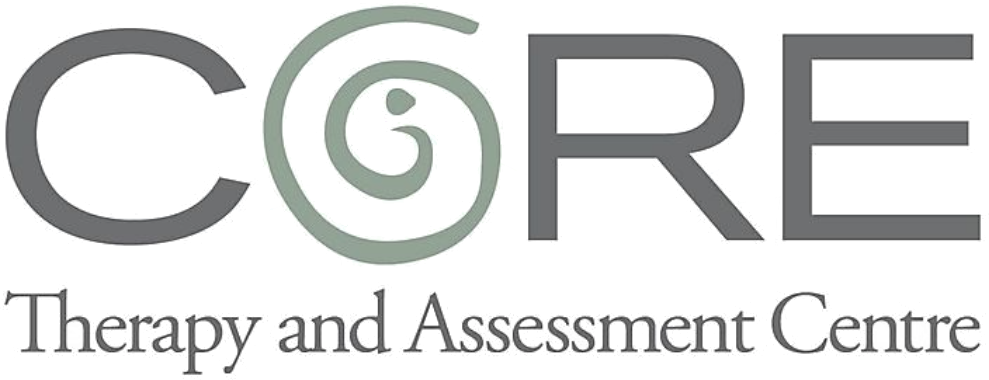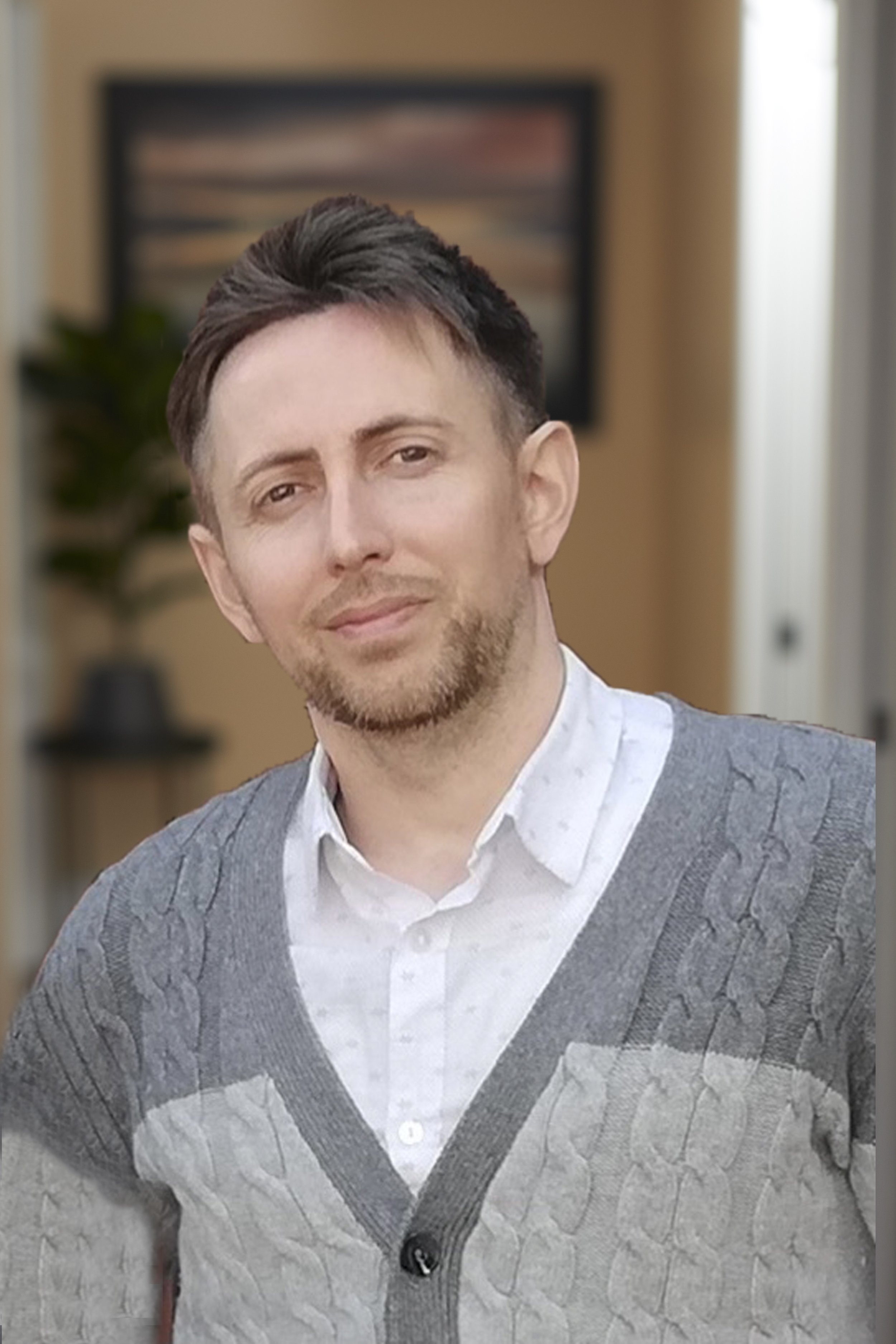Joe Enright, Ph.D., C.Psych
Clinical Neuropsychologist
He is married to a Japanese national and has two bilingual children. He speaks fluent conversational Japanese and previously lived in Japan for several years before returning to Canada to complete his doctoral training. Dr. Enright aims to achieve physical, intellectual, and emotional balance which is also what he hopes for his clients.
Dr. Joe Enright is a registered Clinical Psychologist and Neuropsychologist with the College of Psychologists of Ontario. He completed his doctoral degree at the University of Saskatchewan in 2016. He completed a one-year predoctoral clinical neuropsychology residency, and a two-year post-doctoral clinical neuropsychology fellowship, at London Health Sciences Centre (Victoria and University Hospitals). He has worked in multiple settings during his career and training, including hospitals (general diagnostics, epilepsy monitoring unit, inpatient and outpatient psychiatry, neurology, and neurosurgery), pain and rehabilitation clinic, child and youth services, older adult memory clinic, corrections, and university student services. He has been providing psychological assessment and neuropsychological assessment in private practice for several years and has extensive experience in medical-legal assessments and has appeared as an expert witness in court proceedings. Dr. Enright has also authored and co-authored multiple research articles published in peer-reviewed journals, engaged in the supervision of graduate-level students, and appeared as a guest presenter at conferences and as part of community education and outreach programs.
Dr. Enright works with adolescents, adults, and older adults. He also has experience working with individuals from various cultural backgrounds as well as from the LGBTQ+ communities.
Dr. Enright has experience and expertise in assessment and treatment in a variety of areas, including (but not limited to):
Depression and mood difficulties
Anxiety-related difficulties
Pain and coping with medical conditions
Head/brain injury
Sleep difficulties
Cognitive difficulties
PTSD
Personality
Relationships
Parenting
Alzheimer’s and Dementia
Neurodevelopmental Disorders (Autism, ADHD, intellectual disability, learning disability, etc.)

